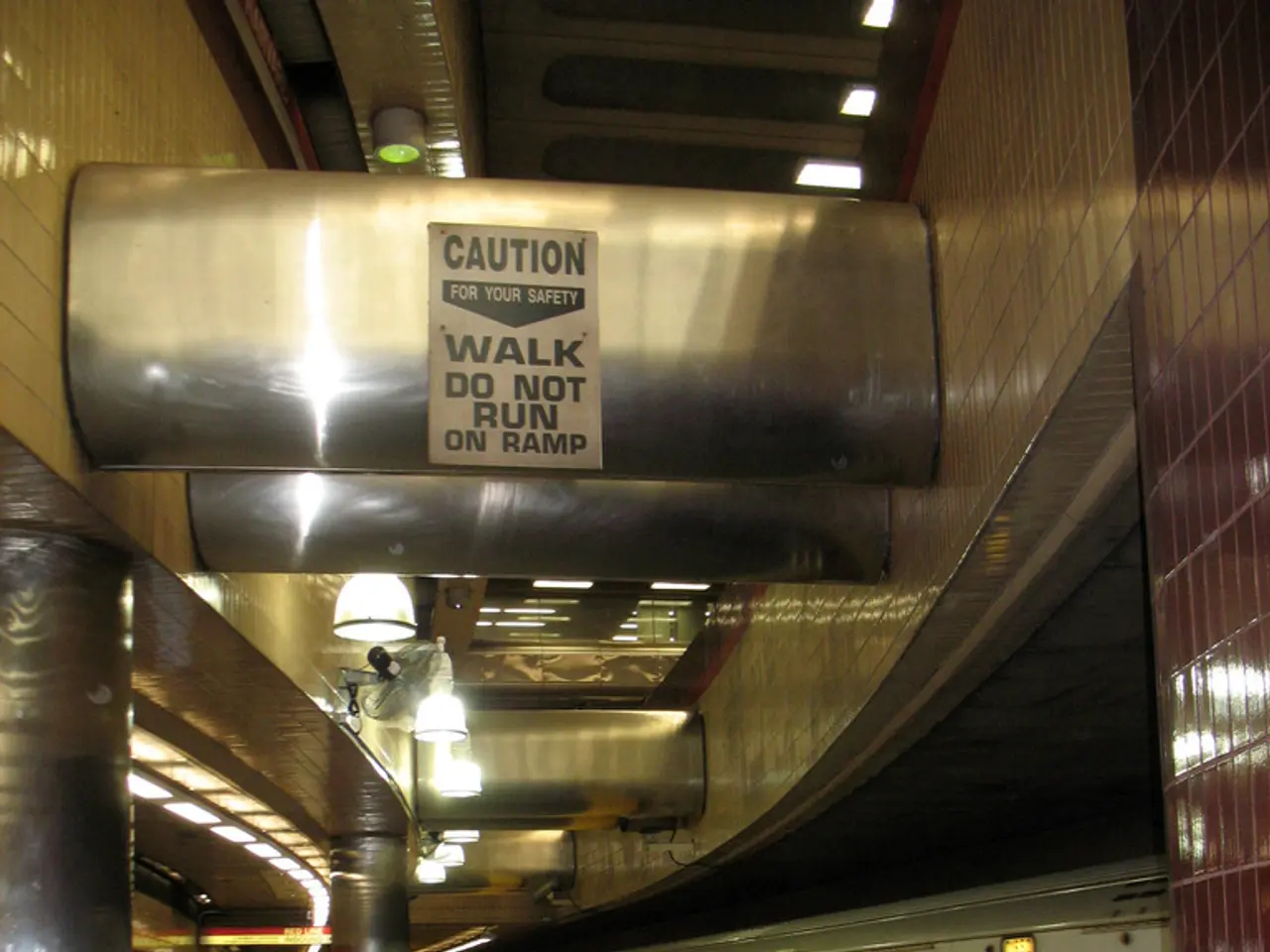Decade-long Emission of Carcinogenic Substances from the Benicia Refinery, Claim Official Statements
In a significant move to improve air quality and public health in the Bay Area, the Bay Area Air Quality Management District (Air District) has imposed an $82 million fine on Valero Refining Company for persistent air pollution violations at its Benicia refinery. This penalty, the largest in the Air District's history, is a response to over a decade of toxic emissions exceeding regulatory standards before detection by authorities.
The fine follows investigations into chronic malfunctions and unintended toxic releases at the Benicia refinery. Regulators found that Valero consistently exceeded toxic emissions limits, leading to the unprecedented penalty. The company now faces additional new safety regulations imposed by the city in the wake of these findings.
The emissions, containing cancer-causing and other harmful chemicals, had been released without disclosure since at least 2003. Over the period in question, the refinery emitted an estimated 8,400 tons of these organic compounds, averaging over 2.7 tons per day.
Valero's fine is part of the Air District's increasing cooperation among regulatory agencies to strengthen enforcement efforts in cases of significant environmental violations. This joint action with the California Air Resources Board underscores the commitment to enforcing air quality regulations.
The refinery’s ongoing pollution has negatively affected air quality in the Bay Area, posing health risks to residents through exposure to toxic substances. Local leaders have expressed concern about job losses and economic impacts, with Assemblymember Mike A. Gipson highlighting the importance of refinery jobs and economic contributions to the community.
In response to the violations, Valero has announced plans to cease operations at the Benicia refinery by April 2026, citing regulatory pressures and high compliance costs linked to California’s stringent environmental rules as core reasons behind the shutdown. The company is also evaluating strategic alternatives for its remaining California operations, leaving uncertainty for other facilities such as the Wilmington refinery.
The shutdown contributes to anticipated gasoline price spikes, with potential prices nearing $8 per gallon in California due to reduced refining capacity. Phillips 66 is also closing a large California refinery, citing similar regulatory and business challenges, reflecting an industry trend where strict environmental standards are influencing refinery economics and operations.
The Air District's actions against refineries this year are part of a broader effort to improve air quality and public health in the Bay Area. The district's updated policy, adopted in May 2024, directs significant portions of penalty funds to communities most affected by air quality issues. More than $64 million of the penalty will be reinvested in the local community to support projects reducing air pollution exposure and enhancing public health in areas affected by the refinery's emissions.
This is the third major fine the Air District has levied against Bay Area refineries this year. Earlier this month, the district levied a $5 million fine against Marathon in Martinez. The district's updated policy aligns with its goals for environmental justice and equity, prioritizing public health improvements in heavily impacted areas.
The Air District's recent actions against Bay Area refineries demonstrate a commitment to enforcing air quality regulations and ensuring a safer, healthier environment for all residents.
- The fine imposed on Valero Refining Company, worth $82 million, is a significant step in the environmental-science sector, as it represents the largest penalty in the Bay Area Air Quality Management District's history.
- Amidst the ongoing medical-conditions concerns, the emissions from Valero's Benicia refinery, consisting of cancer-causing and other harmful chemicals, have posed threats to public health for over a decade.
- In the realm of finance and energy, the environmental-science industry's growing emphasis on stricter regulations, as demonstrated by the Air District's actions, is impacting the economics of the refining industry, potentially leading to shutdowns of facilities like Valero's Benicia refinery.




